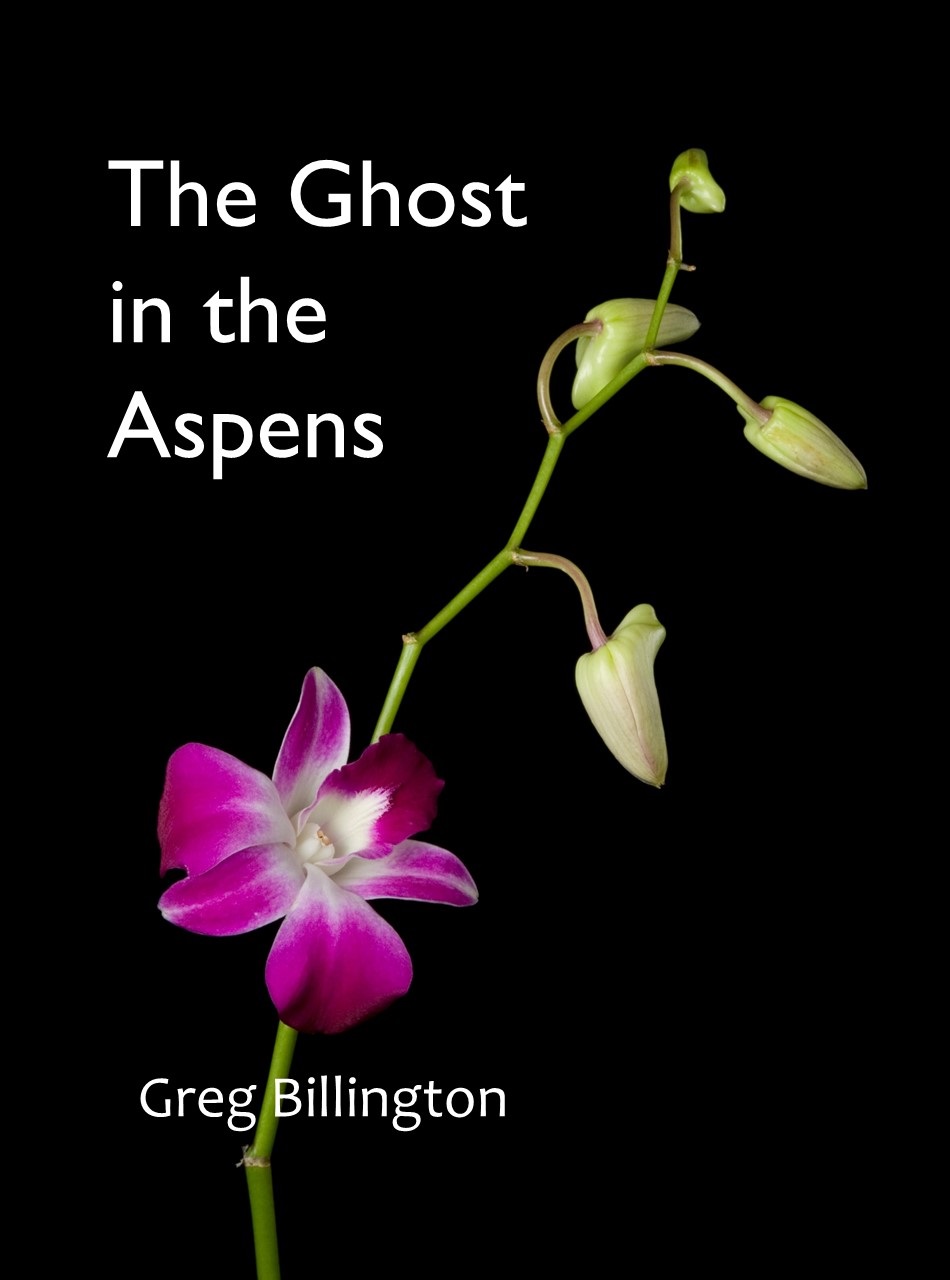Relationships…an essential part of being human. Source of wonder and delight but agony and the most extreme discontent also - and everything in-between! In most societies there are rigorous norms governing marital relationships, with many biassed to the advantage of the man. Infidelity is considered the gravest transgression and generally deemed worst when committed by the woman.
In any event, as it is with most forms of behaviour, love and relationships are intriguing because whilst they may fit into patterns, the experience of every person is necessarily unique. And how wonderful that is!
When it comes to love, a popular myth is that for each of us there is a ‘soul mate.’ A partner might become a soul mate, but the evidence would suggest that there might be many satisfactory candidates. If that is so, I presume so, what is the effect of infidelity that has not had its roots in dissatisfaction? Of course, it might be argued that a marriage where this occurs has an unrealised flaw – but I would suggest that something else is at play. To me it seems entirely likely that though a marriage provides much of the emotional sustenance required by both partners, yet, because we are complex beings, an encounter with someone who is very different might trigger a startling response. I think of this as the ‘counundrum of the other personality.’ Consider, for example the circumstance whereby a highly musical woman is married to a most unmusical man. Despite that she adores him for many other reasons, when she meets a someone who touches her heart through music, she may well be in a profound quandary. Can she love two people? Is it possible to love two people because they own a different part of one's heart?
This is the story of ‘The Ghost in the Aspens.’
In a Nutshell
The year is 1969. Charles Willoughby is a highly skilled maker of violin bows.
When he is betrayed by his best friend and his marriage fails, he leaves his comfortable life in the city to set up his workshop in a remote Northumberland village where he hopes to find solace renewing his childhood interest in the natural world.
At first, he doesn’t know what to make of the villagers and nor they him but gradually he is drawn into the community and befriends especially, the kindly and astute Doctor Morton Beavis and his wife Moira. He also encounters Jessica Bates, a school teacher married to the local auto mechanic, Jack. Highly musical herself, when Jessica inadvertently hears Charles play his violin she is captivated.
Jack is increasingly disturbed and diminished by his wife’s obsessive quest to find the rare Ghost Orchid in the woods on the moors, which he understands eventually, to be her sublimated yearning for a child of her own. He is also jealous of her admiration for the newcomer’s music though he comes to understand that to prevent her from listening may harm his marriage.
Conflicted because he realises that he is falling in love, Charles decides that he must leave the village forever but hiking onto the moors one last time he sees Jessica and is unable to resist meeting her. At that very moment, she reaches into the crevice of a rock outcrop and finds an ancient bronze key. She instantly believes it to be symbolic, but it is only when she takes Charles into the aspens to see where she has long hoped to find the Ghost Orchid that Charles realises that the key is the first of several signs, and deep within the copse the signs lead them to a hitherto unseen door.
Beyond the door is a simple garden, a stream and a stone cottage. Jessica is delighted but Charles is suspicious. The stream should not be possible, the weather seems different and the cottage appears to be prepared for guests. After their initial excited exploration, they return to the village, where he makes a further disturbing discovery. Early the following day he returns alone to confirm that inside the garden walls, time stands still.
Unlike Charles, Jessica has no fear of the garden and she persuades him reluctantly to accompany her there again. This time, they make love. In the succeeding weeks they return as often as they can, and despite his anxiety their relationship grows until one day, she will not leave and pleads with him to remain with her. Angry and now frightened by a place that though apparently benign, shouldn’t exist, he leaves alone but promises to return. In the storm that sweeps the moors he stumbles and falls and does not learn until he makes to return to her that he has lost the key.
In great anguish now, he searches but he can find neither the key nor when he returns to the aspens, the garden. Without the key the garden has simply disappeared. Soon, Jessica’s absence sparks a search by the villagers and then the police but no trace of her is found and Charles is accused of her abduction.
But let us pause at this point, lest the end be spoiled…
I should add that I incorporated an element of ‘magical reality’ in this story. Usually, I am not so fond of fantasy, but here I felt obliged to make an exception.
